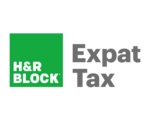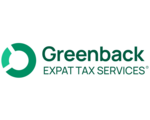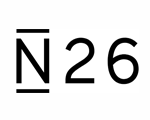It is therefore recommendable to register at the Einwohnermeldeamt before trying to open an account. See our section on residence registration for further information.
Current accounts (Girokonto)
The most common form of account in Germany is a Girokonto (checking or current account). Most financial transactions are completed using this type of account, such as receiving wages or paying rent. In general, a current account allows you to:
- withdraw money from your bank using an EC-card. This is normally free of charge at your own bank's ATMs, but a fee of several EUR may be charged for withdrawing money from other banks' ATMs;
- transfer money to pay bills using transfer forms;
- set up regular fixed amount payments (e.g. your rent) paid by standing order;
- set up regular payments (even of variable amounts, e.g. telephone bills and health insurance contributions) to be paid by direct debit.
At many banks you can choose between several current accounts with various facilities (e.g. online banking, interest, credit card at no charge, etc.) but the fees also differ. As a student you can apply for exemption from the usual account charges ( Kontoführungsgebühren).
Before you choose a bank, make sure that you can answer the following questions:
- Once I have opened the account, can I immediately draw money from the ATM?
- Where can I withdraw money free of charge (note that many banks have agreements with other banks which allow you to withdraw cash free of charge within the whole network)?
- Can I set up standing orders and issue direct debit notices?
- Will I receive an EC card immediately?
- Will I be able to get a credit card? When can I apply for the card and how long will it take to process?
- What are the fees on my bank account?
- Will I get an overdraft facility and what are the fees for this service?
An overdraft facility ( Dispositionskredit) allows you to overdraw your account up to a certain limit set by the bank. The amount of this credit is normally related to your monthly income. Overdraft interest rates are anything but low, so you are recommended to only use them for emergencies.
Before offering some services, the bank will watch your account over the first few months to check whether money is being regularly credited to it. Note that German banks have been traditionally quite conservative when it comes to handing out credit and credit cards. You might get faster access to credit at a local branch of an American institution like Citibank or MBNA.
Savings accounts (Sparbuch)
If you want to put money aside, you can set up a savings account to get a better rate of interest. When opening a savings account, you will receive a "passbook" ( Sparbuch) that you use to pay money in with. With a normal passbook (with a withdrawal notice period of three months) you can withdraw €2000 in a calendar month without prior notice.
If you plan to travel, have a look at the savings account offered by the Postbank. With a Postsparbuch, you will be able to withdraw money in most European countries and currencies with no extra charges.
A savings account cannot substitute for checking account, if you need services like direct debits and standing orders as these generally are not available with savings accounts.




